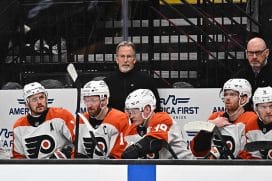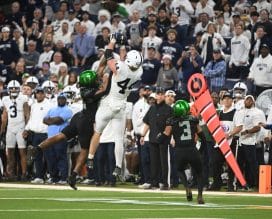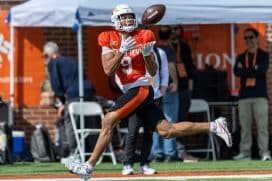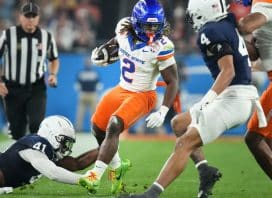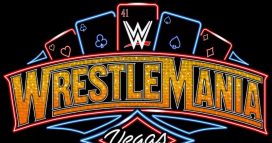Phillies
2017 Phillies Wall of Fame Breakdown – Jim Fregosi
By: Matt Alberston, Historical Columnist
Jim Fregosi is the only non-player candidate for the 2017 Philadelphia Phillies Wall of Fame. As a player, Fregosi was most famous for being the player whom the Los Angeles Angels traded to acquire Nolan Ryan. However, he is better known for his management of the all-time dirtbags of baseball – the 1993 National League Champion Phillies.
Fregosi's managerial career began immediately after his playing days were over in 1978. Interestingly enough, he was fired by the Angels in 1981 and replaced by former Phillies manager, Gene Mauch, who presided over the infamous 1964 Phillies. In 1988, Fregosi was fired as White Sox manager and spent two years out of baseball before the Phillies called in 1991.
Phillies then-manager Nick Leyva tenure was in question after he led the club to 67 and 77 win seasons in 1989 and 1990 but had started the 1991 campaign with a 4-9 record, losing eight out of nine by April 23. When interviewed about his precarious position, Leyva seemed to fall on the proverbial sword, blaming himself for the club's lack of interest and attention to the fundamentals. Fregosi, then a special assignment scout for the Phillies, was floated as a serious candidate for manager's seat. Before their game with the Mets on April 24, Leyva was gone and Fregosi was promoted to manager of a lost Phillies team, which included Lenny Dykstra, Darren Daulton, and John Kruk.
Before he was hired, Fregosi had the reputation of a firery manager who would let it all out on the field with an umpire if the situation called for it. In his first press conference as manager, Fregosi explained his plan. "There are two things I want to instill in this ball club…One is discipline, and the other is being positive as far as what we do on the field" also commenting "Yeah, I've been known to holler a little." He explained that he was a player's manager who would do his best to earn the respect of the players, but wouldn't let them forget who ran the team. Phillies general manager Lee Thomas (and Fregosi's former California Angels roomate) agreed with the assessment, pointing to his ability to handle players as one of the main reasons why the club promoted him to manager.
After mediocre 1991 and 1992 seasons, the Phillies burst onto the scene in a brash way in 1993. Tim Kurkjian noted in a May 1993 Sports Illustrated article that "The actual pilot of these Phillies…is 51-year-old Jim Fregosi, who deserves credit for not restraining the Phillies' diverse personalities and thus not restraining their play on the field." Outfielder Pete Incaviglia stated that playing for Fregosi was easy, and if you couldn't play for Fregosi, then you couldn't play for anybody.
The 1993 season was Fregosi's highlight as a manager in the big leagues. In total, Fregosi ranks sixth in Phillies history in managerial games (894), fifth in wins (431), and seventh in losses (463). He set out to earn the respect of the players and to lead by a more calm example (most of the time). It worked in 1993.
Does Fregosi deserve Wall of Fame consideration? I think if you asked any of the 1993 Phillies, they'd say yes with something along the lines of "He was a great manager who was able to put up with our diverse personalities in a way that benefited the ball club, and we won because of it." I think Fregosi warrants consideration, but likely falls short of the Wall of Fame. He presided over the most interesting ball club in Phillies history, a team that fans still remember and revere for their blue collar attitude. Unfortunately his 431-463 record aren't good enough for induction in my opinion. One good season does not determine a career. The Wall of Fame should separate great from good based on an individual record, regardless of sentiment – good or bad – or that individual's association with a championship team or bottom feeder team.
